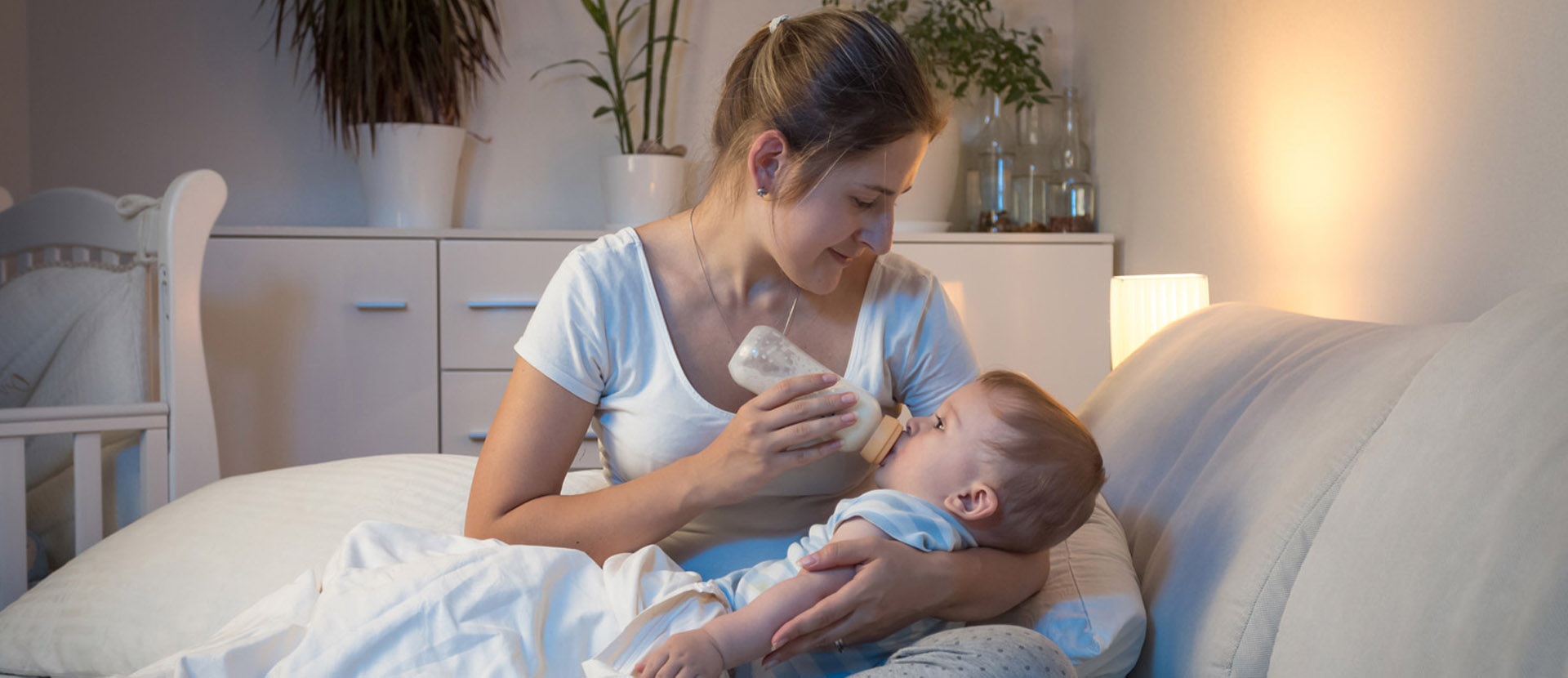Solving Summer Night Blues with a Young Child

However well your child sleeps normally, there's something about summer nights that often make bedtimes particularly trying. The lighter evenings can make it hard for a little one who can't tell the time yet, to recognise it's bedtime, and even if they are willing to accept the premise, it can be a case of easier said than done to actually get them to settle down. These tips should help you resolve the summer night blues.
Stick to a Routine
It may well be light way beyond their bedtime, so it's not surprising if your child is still wide-awake, active, and resistant to the idea of retiring for the evening. It can be tempting to let them stay up and wear themselves out, but they can get over tired and then have difficulty getting to sleep because of the state they get themselves into. Sticking to a routine is key - especially in the long term - and doing things in the same order will help: mealtime, playtime, bath-time, night clothes, story, and then - as appropriate - lights out.
Embrace the Darkness
In simple terms, light means daytime, and dark means night-time. But more than that, darkness also triggers the production of melatonin - the sleep hormone - so, in and of itself darkness helps a good night's slumber. Try and darken your child's room as much as you can, consider black-out blinds if appropriate. There are some very handy temporary ones now available. If necessary you can also improvise with black sheets tacked round the window frame or rolled-up towels to block light coming from under door-frames.
Different children will cope with total darkness in different ways, and some may need a night-light to help them settle well, whereas others may respond better to total darkness. Don't forget to fully open the curtains in the morning to make it as bright as possible with natural daylight. This will help keep your child's internal body clock in sync and should help you keep things moving in the morning!
Keep it Cool
The temperature of your child's room also has an important part to play in a comfortable and restful night's sleep. A room that's too warm and stuffy can cause restlessness and discomfort and it is important for young children - particularly babies who can be at risk of overheating - that their room is not too hot.
Ideally, your child's bedroom should be cool, but not cold, and around 18 degrees celsius is ideal. This can vary with age and personal preference but you want to try and create a temperature that promotes relaxation, not restlessness. Depending on your little one's age, you may want to consider night clothes and sleeping bags made of lighter fabrics, and if it is very warm, your child may want to just sleep in short sleeves or a nappy or pants.
Ditch the Screens
Just like their parents, even very young children can be avid screen users. If your child is a budding digital native then do try and prevent them using a tablet or other screen at least an hour before bedtime. The bedtime routine might offer a natural break in proceedings and a digital downtime to begin, so do avoid reintroducing screens again near sleep-time as the blue light they emit can be hugely disruptive to getting to sleep. So, no streaming videos in lieu of a traditional bedtime story - keep it old-school!
Keep Active
The lighter nights may well mean you have more opportunity to enjoy time with your family and children outdoors. It's a real boost for many parents who find that in summer they can do a full day's work and still fit in some fresh air, natural light, and some fun and games. Just remember that although a little exercise can help your child to sleep well, if you try and do too much - and too late in the evening - it can make it harder for an overtired child to get to sleep. Remember, as with the screens, try to get your child indoors and into a darkened environment about an hour before bedtime to encourage melatonin production and drowsiness.
Not only will a good night's sleep help your child round off the day nicely and set them up for the next day too - it may also give you time to relax and make the most of the summer evenings as well as being able to function fully the next day at work!
---
Disclaimer: Here at Bright Horizons, we understand that you're the expert on your own child or children, parenting isn't homogenous and it's each to their own. Opinions are solely the views of the author not Bright Horizons and are there to inform and help provoke thought and reflection on parenting situations and life dilemmas that naturally have no right or wrong.





